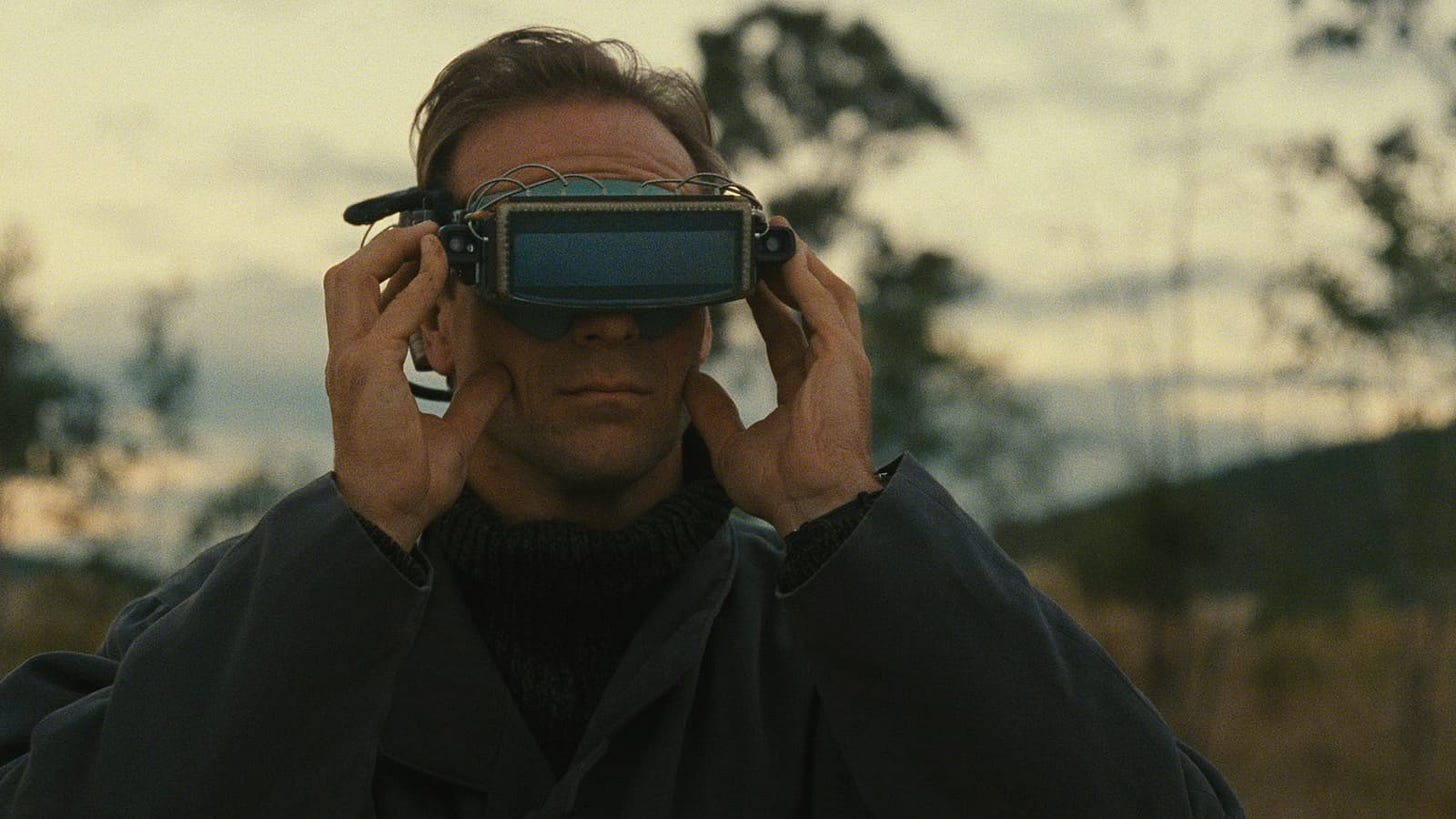Originally, I intended this space to replace what Instagram can no longer be.
At the beginning, I imagined—and I used Instagram as—a place to replace words with a single image, a series of Barthian punctums which interrupted the day. The images of meals shared, sunsets, cats, dogs, lovers, bookshelves, paths, beaches, more sunsets, holidays, odd things left on train platforms, and children would filter through an ever-changing landscape of internet chatter and served to distract in the best possible way. Instagram was beautiful in its original form, an anarchic outpouring of shared moments, whispered secrets, laughters, and pure joy.
Gradually, of course, it became something other—an unrelenting grind of advertisements and insipid videos and memes meant not to distract—the way a sunbeam distracts, or a sudden breeze takes one away from the task at hand—but to influence through distraction, to push and to prod, ultimately to control us in the service of surveillance capitalism. I became a victim of it, mindlessly following my stream late at night, often at my most depressed or anxious. Toilet streaming, streaming in line, streaming at red lights, streaming when I could be reading, gazing out the window, or sitting with my family. I see it today all around me. We see it today all around us.
In Wim Wenders' 1991 film Until the End of the World, a device is invented which records, in real-time, people’s dreams. The technology is so compelling that gradually people come to inhabit their dreaming life by streaming their recorded sleep during their waking hours. They become like zombies, trudging through waking life in order to get to sleep, in order to record their dreams, in order to rewatch their unconscious states…and the circuit becomes closed. All the while, a cataclysm looms in the form of a collapsing nuclear-powered satellite, threatening the end of human life as we know it.
While the film itself is wonderfully second-rate (though the soundtrack is incredible), the image of a population wandering the planet gazing into their devices as the AMOC threatens to shut down, trading memes for conversation, and reducing dialogue to brief TikTok video extracts seems appropriate for our time.
And so what I wanted in this space was an exchange of the singular image, the decisive moment rendered digitally.From that, I created All the Lonely Places, a project which began in the early days of Instagram, a hashtag to describe the forgotten spaces of late capitalism—the chair behind a rope that no one can sit in, the inexplicable sign, wall to wall carpets, the door and the tree somehow joined in a terminal relationship.
Instead of the decisive moment then rendered through a melancholic return to Instagram via Substack, I have renamed All the Lonely Places to Photosophia//Philosographia, seeking to invoke and evoke the thinking-with of photography, of image-reading.
While my images will still be shown, this space becomes a place to interact, through text, with the visual. Imagining a dialogue of which I—the creator of both—am only one part. In fact, I am, like you, already in dialogue with all there ever was. In Deleuze and Guattari’s A Thousand Plateaus, they begin with the confession that, between the two of them, each was already multiple, and therefore “quite a crowd.” I echo this here in my writing and draw on the multiple multiplicities of my influences to foster a dialogue and expanisive thinking. Like D&G then, this is a space to depart from, a space to return to. In a space of infinite beginings and as many terminuses.
*Also, All the Lonely Places didn’t work. People just didn’t understand what I was trying to do, and each post was met with frustration. Several emails began with “I think you forgot” to include text, etc.
(*Another thought for another time is that in the age of digital reordering Cartier-Bresson’s decisive moment—time incised into chemical wash through an exposure to light—is impossible, and that the digital constantly remakes itself, a billion trillion pixels on a billion screens arranging, rearranging, coming into existence and fading away, maybe, even like “tears in the rain…”)
Please consider supporting and sharing this. Your support is, I am often ashamed to admit, so important to me. Without you, literally, I am speaking to the wind or shouting down a culvert…can you hear me?
Hello? Is there anyone out there?







